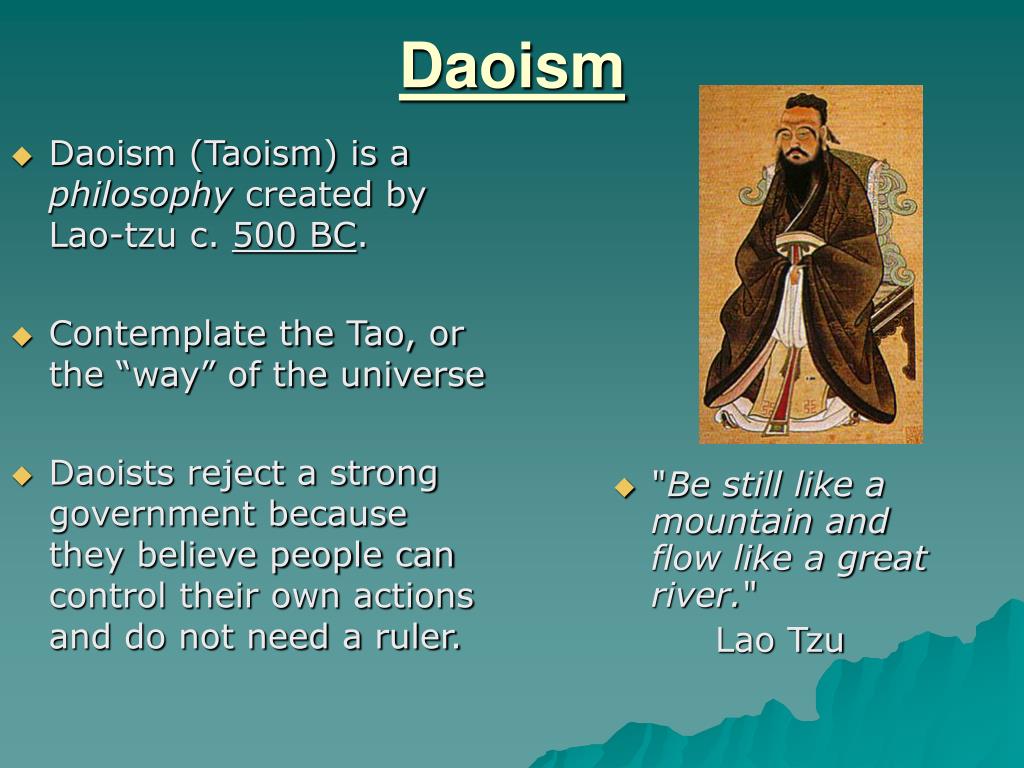1919-2001
 “The breadth of her work is impressive. She was systematic in her thinking, seeing and developing connections between metaphysics, moral psychology, and ethics that exhibited not simply a grasp of one particular problem, but a world view. Her legacy is one of the broadest and deepest left by a 20th century philosopher.” – Stanford Encyclopedia of Philosophy
“The breadth of her work is impressive. She was systematic in her thinking, seeing and developing connections between metaphysics, moral psychology, and ethics that exhibited not simply a grasp of one particular problem, but a world view. Her legacy is one of the broadest and deepest left by a 20th century philosopher.” – Stanford Encyclopedia of Philosophy
- Cambridge philosopher who occupied the Chair formerly held by Wittgenstein.
- Married philosopher Peter Geach.
- She was known as a fierce debater.
- In 1956, publicly opposed the decision of Oxford University to award an honorary degree to Harry Truman for his decision to use of atomic weapons against Japan.
- She opposed contraception.
- Influenced by Wittgenstein particularly in her views on metaphysics
- Most influential on her works on causation. She challenged Hume’s view and established a trend towards probabilistic views of causality.
- Her book Intention (on intentionality) is considered a classic of twentieth century philosophy.
- Famously challenged Oxford don C.S. Lewis’ argument in chapter 3 of his book Miracles at a meeting of the Socratic Club. Her challenge was so formidable, that Lewis allegedly became so upset by the argument that he rewrote chapter 3 for the paper version of his book to account for Anscombe’s argument.
Today’s quote: “Mr. President, I’m not saying we wouldn’t get our hair mussed. But I do say no more than ten to twenty million killed, tops. Uh, depending on the breaks.” – General Turgidson (Dr. Strangelove)
Post Views: 231






